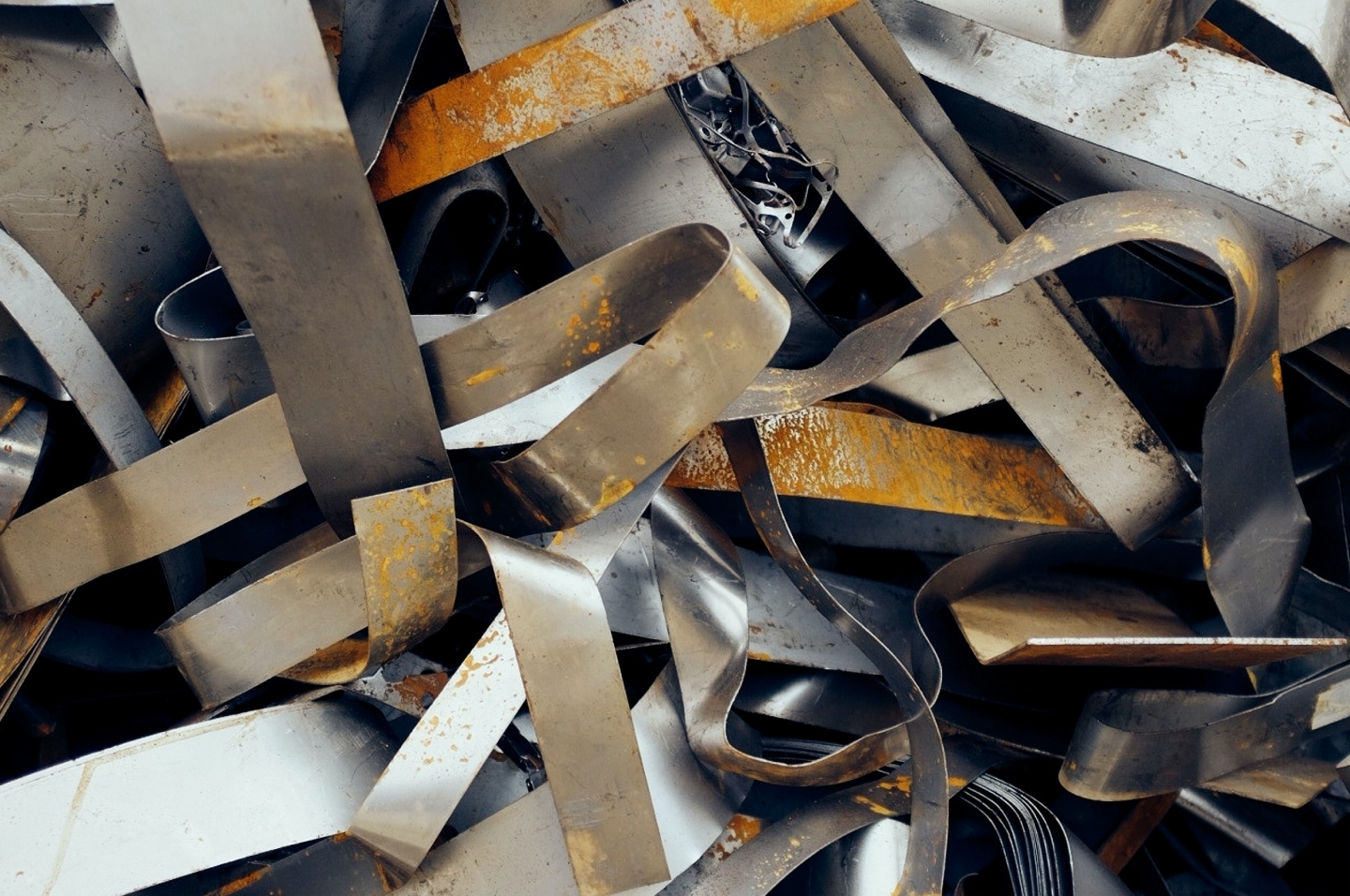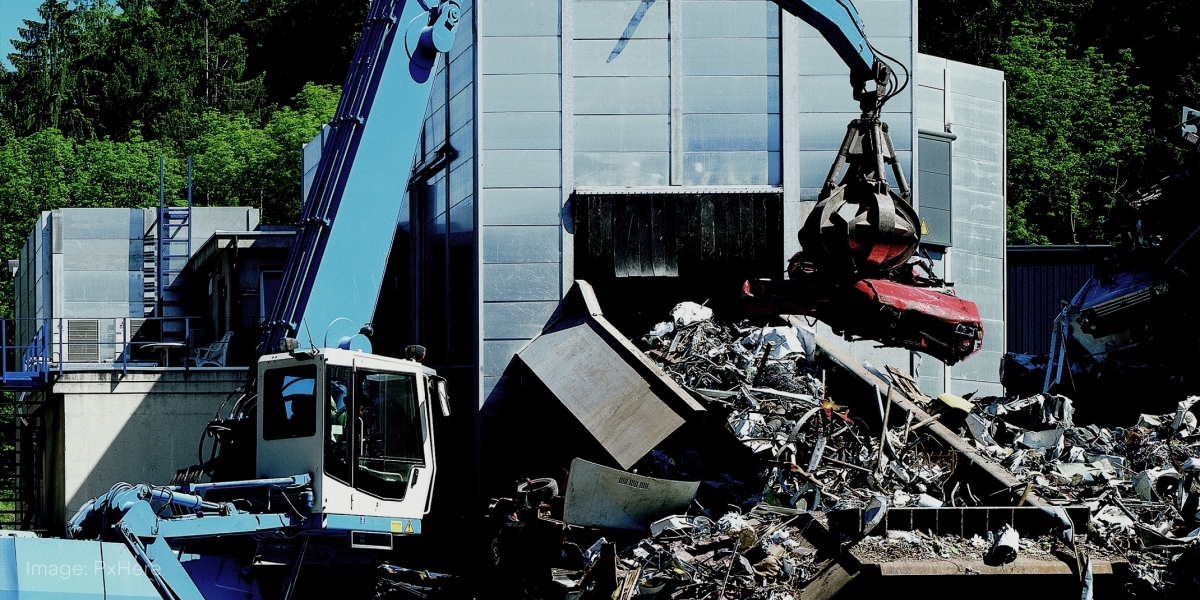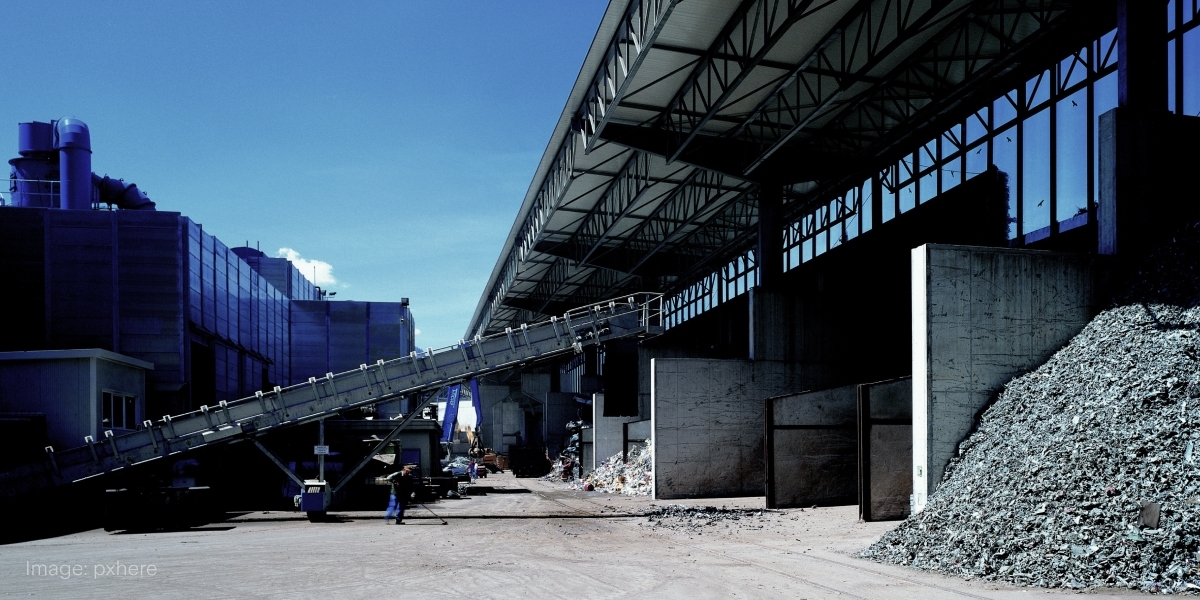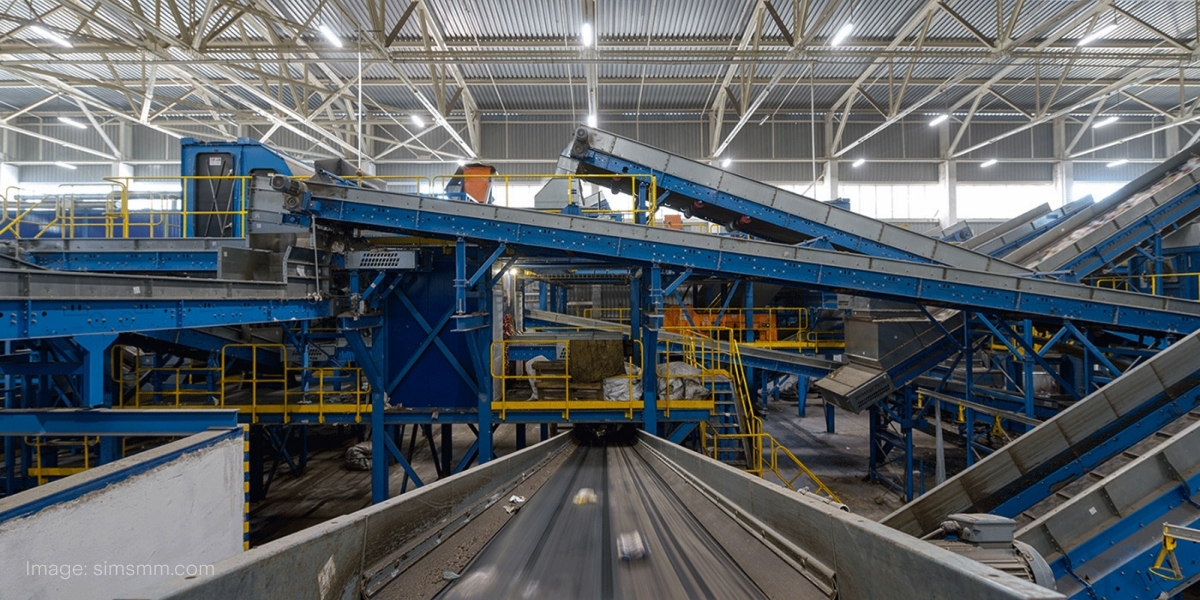
Under the Spotlight AUS: Sims Limited (SGM)
The search for new metals is expanding from the ocean floor to asteroids in space. But closer to the ground, recycling by companies like Sims Limited are another way to meet the ever-growing demand for such materials. Let’s put it Under the Spotlight.
.jpg&w=3840&q=100)
Curiosity has kept humans tinkering with various materials and turning them into new creations throughout history. Scrap metal was used in the Seven Wonders of the Ancient World, and the Romans would melt down coins to make statues that were considered to be more valuable. At the time, there were few concerns about the environment or the finite nature of resources – recycling was just a practical and cost-effective way of getting projects done.
But there was a major shift after the Industrial Revolution, due to the increasing amounts of waste being generated. Luckily, the same mass production technology could be altered to serve the other side too. New factories were established as people realised that materials such as aluminium could be indefinitely recycled. Some soon noticed there were also opportunities in getting the metals from one place to another.
English migrant Albert G. Sims had been down on his luck after arriving in Australia in 1913. He started gathering scrap metal and glass bottles on a bicycle to provide for his family, and eventually established a dealership in Sydney by 1917. Albert later upgraded to a horse and cart, then to motor vehicles and more mechanised operations. Business grew steadily over the years to evolve into Sims Limited ($SGM), eventually expanding into North America and Europe.

Circling back
Mergers and acquisitions brought significant change to the firm. After an initial listing in 1948, Sims was taken private in 1979 by its new owner, a mining company. After this owner was bought out, the business was divested as one of the non-forestry units and relisted on the ASX in 1991 as Simsmetal Ltd. The metals division has always remained at the core, accounting for the majority of sales volumes and revenues.
Their operations involve buying and then processing metal materials and electronics at the end of life stage. They might simply send a truck to pick up the items or dismantle the whole structure to gather the scrap metals from a business. Then they sort, shred and break down the metals into appropriate pieces to be sold on as raw materials to steel mills and secondary smelters.
In FY22, Sims sold 7.7 million tonnes of ferrous metals (those that contain iron, like stainless steel). The 442,000 tonnes of non-ferrous metals sold were predominantly copper and aluminium. The growing demand for these materials due to the shift to renewable energy and green steel means that Sims stands to benefit. The steel industry is estimated to be responsible for 7% to 9% of global carbon emissions; one method to reduce these figures is to use scrap metal in electric arc furnaces (rather than traditional blast furnaces that cook iron ore and coking coal together).

Wasting away
But the scrap metals market has its whims, which Sims is heavily exposed to. There’s great competition to secure the feedstock, and the steel recycling industry is already relatively advanced. In H1 2023, over 50% of sales volumes were made by the company’s North American business and the final sales are mostly to emerging economies. The U.S. already has a steel scrap recycling rate between 80% and 90%. Additionally, prices for ferrous scrap metals dropped 16% in the second half of 2022. Meanwhile Sim’s operating costs were up 18% and margins fell 12% in H1 2022.
While the metals market often experiences price volatility over the short term, there are larger trends that affect Sim’s sales. Turkey, the largest end-buyer of Sims’ ferrous materials, has encountered economic difficulties in recent times. As the value of its currency has declined, steel scrap imports have also fallen. China is the biggest market for non-ferrous materials, but stricter environmental measures have seen various import bans and new quality standards affect the industry.
Sims intends to stay true to its main business despite these risks. In March 2023, CEO Alistair Field announced plans to sell their 50% stake in LMS Energy, which is the biggest producer of biogas from landfill materials in Australia. This should provide a welcome income boost, as they’ve been struggling with inflationary pressures alongside the softer demand for metals. The key challenge for the company is to increase its earnings, which declined 74.2% from H1 2022 to H1 2023; sales volumes only fell 2.4% in the same period.

Recovery plan
The team sees Sims as a leader in the circular economy, a concept that focuses on eliminating waste and using all resources efficiently. They’re having another look at their own waste through their resource renewal unit. They intend to transform the Automotive Shredder Residue (ASR) leftover from metals recycling into new products, diverting them from their current journey to landfills. It’s an early stage venture, with a test plant nearing completion at their existing operations in Queensland.
Another more recent addition has been the Sims Lifecycle Services division, which refurbishes and recycles IT assets, as well as cloud infrastructure. It only accounts for a small amount of revenue compared to metals, but expectations for future growth are high. They can also securely dispose of equipment and destroy data for clients across its global network. Precious metals can also be recovered from the old items.
Over the last century, Sims has expanded its central business to a global scale. The future of its other divisions could bring extra support to its share price performance. Only time will tell whether the company can reinvent itself, or has already come full circle.
This does not constitute financial advice nor a recommendation to invest in the securities listed. The information presented is intended to be of a factual nature only. Past performance is not a reliable indicator of future performance. As always, do your own research and consider seeking financial, legal and taxation advice before investing.

